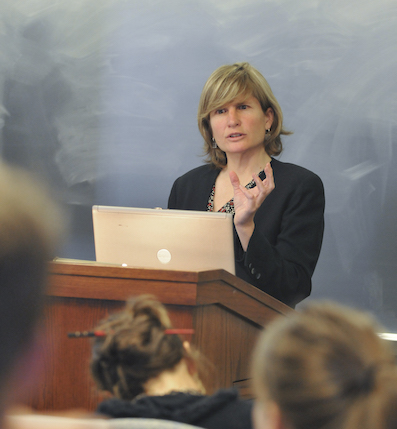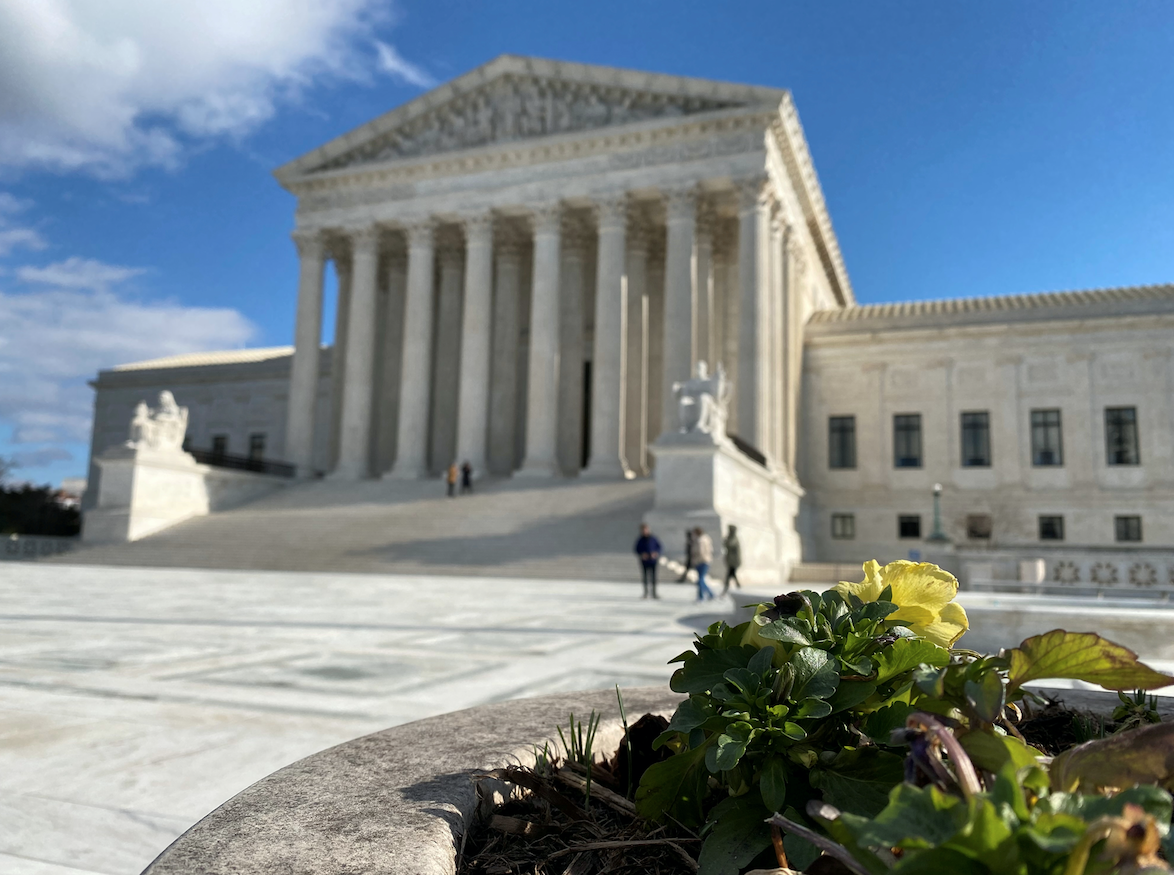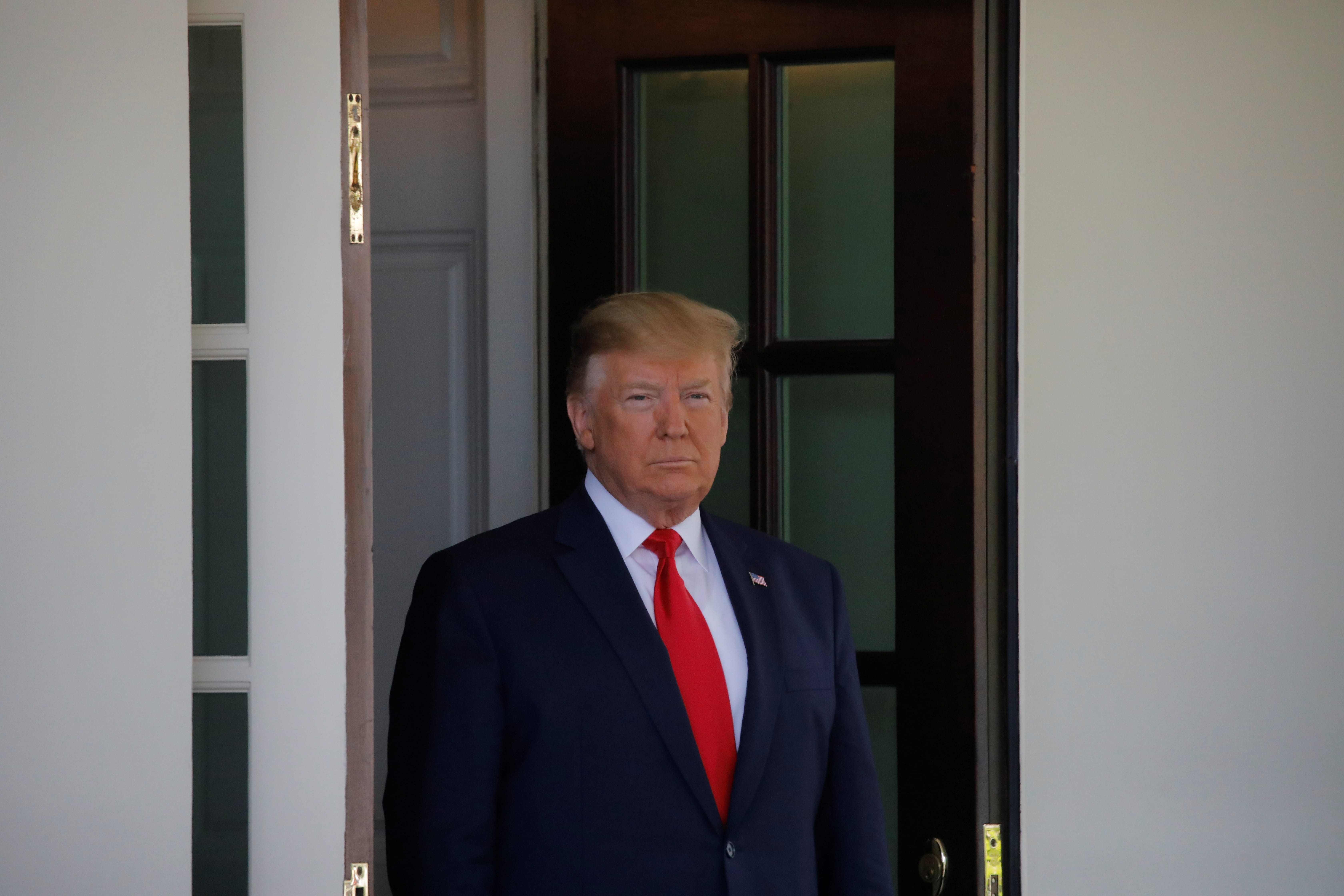Reprinted with Permission From Knight First Amendment Institute at Columbia University
In a landmark decision for the freedoms of speech and association as well as digital privacy, the Supreme Court today ruled in Carpenter v. United States that the government may not acquire certain cellphone location data without a warrant. Last fall, the Knight First Amendment Institute at Columbia University filed an amicus brief in Carpenter on behalf of leading technology experts, explaining that cellphone location data reveals extraordinarily sensitive information about one’s movements and associations.
The following statement is attributable to Alex Abdo, senior staff attorney at the Knight Institute:
“This ruling is a landmark for privacy rights — and also for the freedoms of speech and association. As the Court recognizes, new technology has given the government the ability to construct a detailed chronicle of the movements of nearly every American for a period of years. Left unchecked, this kind of surveillance will deter the exercise of core democratic rights. Today’s ruling places important limits on the government’s surveillance power. Perhaps even more important, the ruling charts a course for the Court’s evaluation of the government’s use of other digital-age technologies.”
Read the Supreme Court’s decision.
Read the Knight Institute’s amicus brief in Carpenter.
About the Knight Institute
The Knight First Amendment Institute is a non-partisan, not-for-profit organization established by Columbia University and the John S. and James L. Knight Foundation to defend the freedoms of speech and press in the digital age through strategic litigation, research, and public education. Its aim is to promote a system of free expression that is open and inclusive, that broadens and elevates public discourse, and that fosters creativity, accountability, and effective self-government.
Tags




